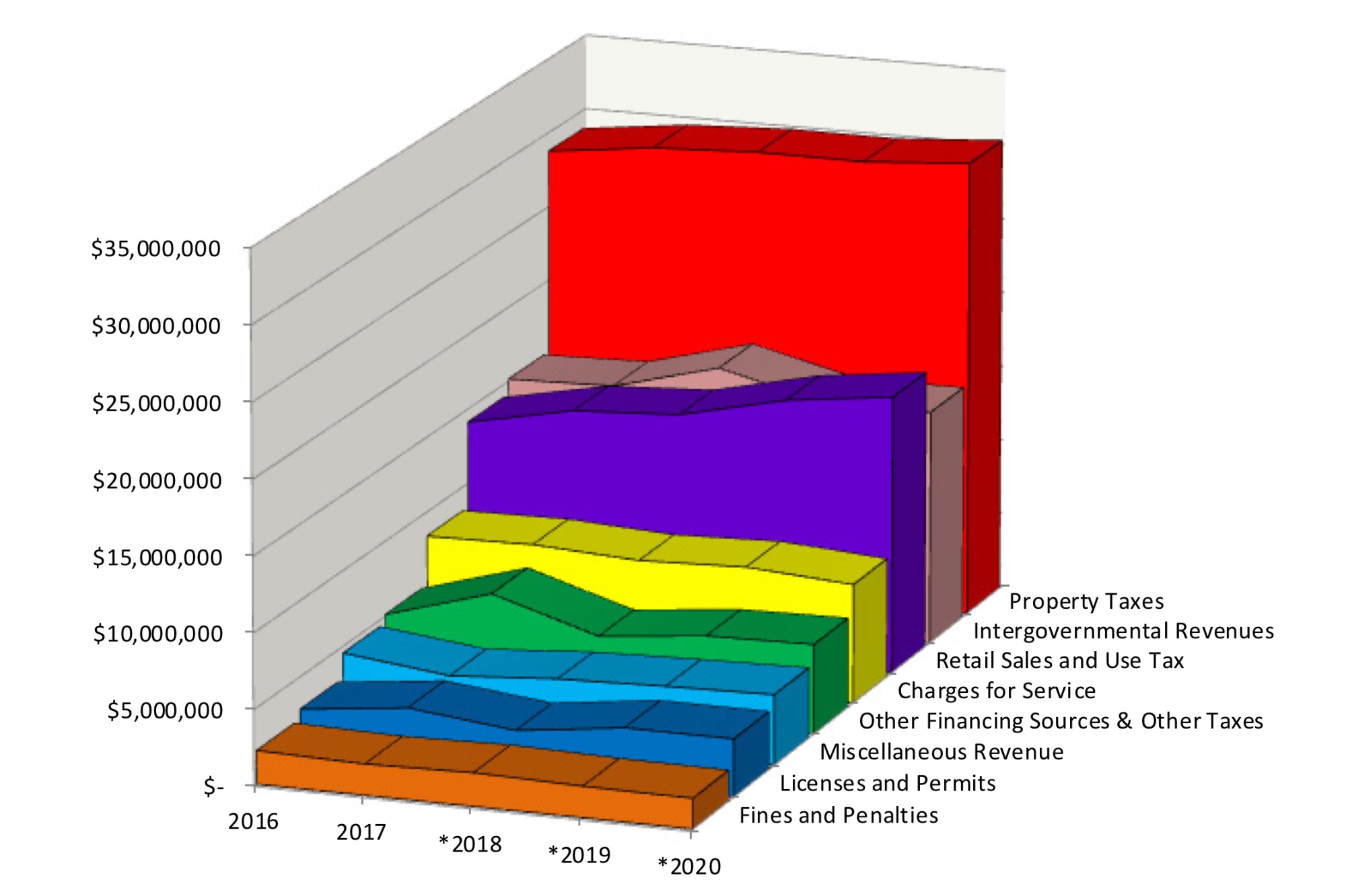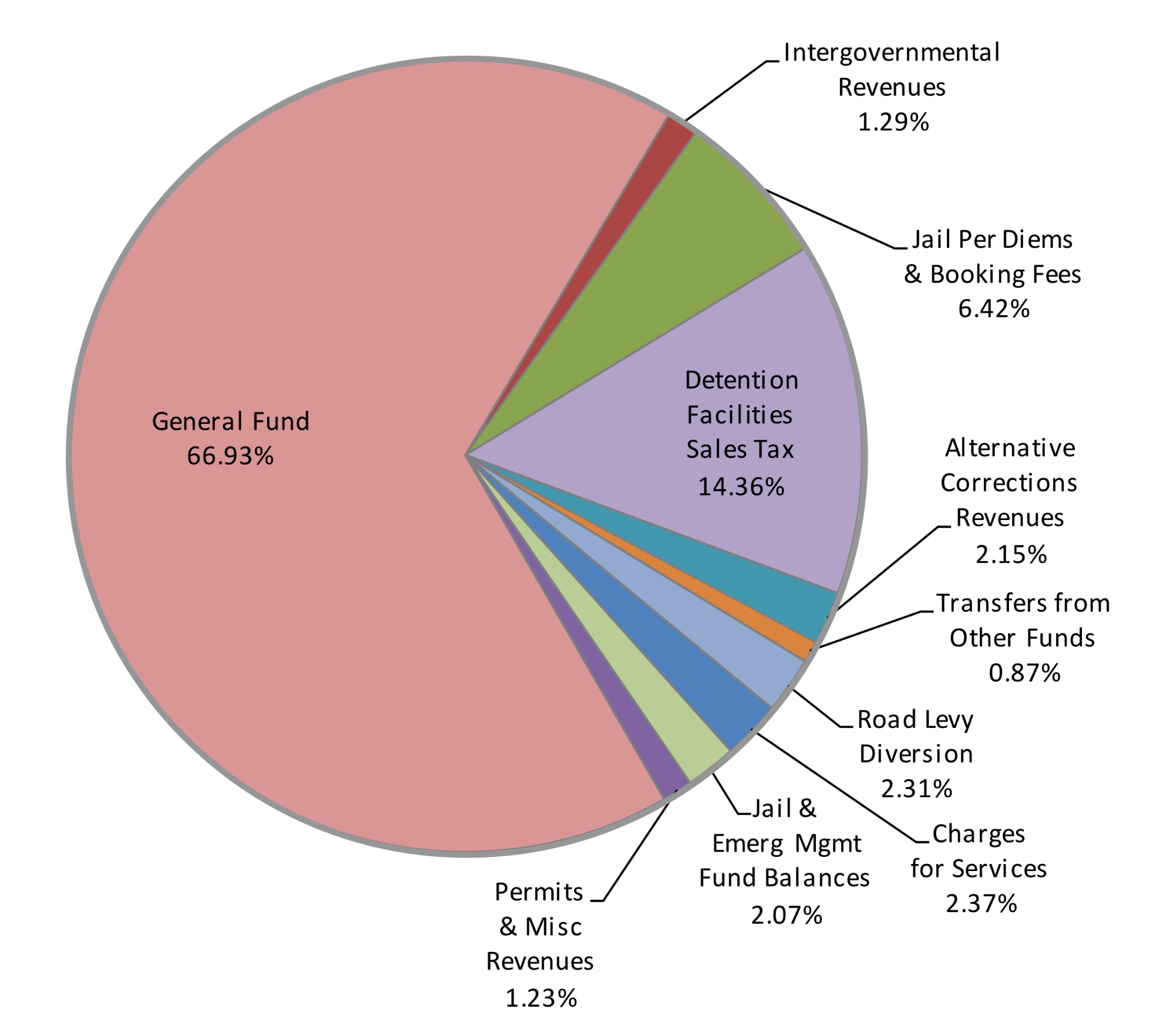
The Town of Point Roberts, Part 4

As promised, we now consider the question of whether Point Roberts could incorporate and be a viable town.
Rather than cite the exact laws for this installment, we are relying on the Municipal Research and Services Center (MRSC). Their writings are much easier to understand than the Revised Code of Washington, they synthesize different parts of the code so the user does not have to try to figure out how they fit together, and local governments of all types and sizes rely on it.
“Under Washington law, an area can incorporate as a city if it has a minimum of 1,500 inhabitants. If within five air miles of the boundaries of a city with a population of 15,000 or more, the area must have a minimum of 3,000 inhabitants.” (See here for pertinent laws, the section labeled “Statutes”.) According to Google Maps, Point Roberts is about 13 miles from Blaine as the crow flies.
Here is the list of all cities and towns in Washington. You can sort the table by different fields. The smallest of towns has a population of 50 but our favorite is Bucoda, population 575, because they really know how to celebrate Halloween and who does not like having a ton of fun with their free candy?
While there were a number of incorporations sprinkled throughout the 19th and 20th centuries, the highest rate was in the early to mid 1900s. Between 1970 and 1990, only one city incorporated, and fifteen more have incorporated since 1990. (MRSC) The main impetus since 1990 has been the Washington State Growth Management Act which encouraged unincorporated parts of urban areas to either merge with existing cities or incorporate on their own.
Among the examples of incorporation feasibility studies provided is one from 2008 for our sort of neighbor, Birch Bay, and this one for Fairwood, which is near Renton in King County.
In this series, we have shown several times that all of Point Roberts provides the county with about $591,863 in property taxes for all the services they provide us from the General Fund. In the last part of this series, we noted that we contribute $338,775 to the Law and Justice budget at the county level and receive $293,965 in direct support from the Sheriff office, leaving $44,810 to cover all the indirect costs of the Sheriff presence on the Point as well as all other legal support.
After the break-in at Auntie Pam's, there was speculation that we could have our own police force if we incorporated. If we had our own police force, we would have to re-create all the infrastructure the county already has. We would have to have around-the-clock dispatchers and a secretary. And an office accessible to the public. And if they ever arrested anyone, we would need a jail. And if they ever cited anyone, we would need a prosecutor. And if we had a prosecutor, we'd need a public defender. And a judge. And a courtroom.
So it's not as simple as just saying, "Let's have our own police force. We just need a couple of guys with a couple of squad cars." And we would have to cover all of it for $338,775 a year.
One reason we can get more services from the county than we could support ourselves is that the county has access to more funding sources than we do. Here again is the chart of general fund revenue sources, showing again that property taxes only comprise about a third of the total revenues:

Here's a chart of revenue sources for the Sheriff:

Assuming we could divert the part of our general fund contributions that we currently pay for the Sheriff to our own police force, here's a list of county-level revenue sources we would likely not be able to replace, or would receive only a tiny fraction of, on our own. From the Whatcom County Executive's Budget 2019-2020, Vol. 2:
As shown in the pie chart, these other revenue sources make up about a third of the Sheriff's total revenue, and they mostly depend on either the jail or on proximity to other government functions with a need for services from the Sheriff.
Incorporating would require a substantial amount of work and community cooperation. A large tax increase would be needed for anything close to the same level of services currently provided. How realistic could that be, given the recent acrimony about garbage pick up and its relatively modest cost?
And who would run for municipal government positions? We currently have a number of self-appointed self-important people on boards who are not the most qualified people in the community. Left behind are people with deep backgrounds in finance, engineering, and other practical disciplines, who can read a financial statement, understand what it means, and have the wherewithal to get things done rather than just rubber stamp whatever they are told. But they do not want to get involved due to the acrimony in the community which is usually started or inflamed by the local rag.
At a recent Voters Association meeting, two county commissioners, the head of the Parks department, an engineer from Public Works, and County Executive Jack Louws heard questions and feedback from PR. About half the questions and comments were about Lighthouse Park, and Louws pleaded poverty several times (not enough funds for everything we want).
Lack of funding does not excuse incompetent work on the dock, or failure to understand how the boardwalk would be used when developing an unusable design. Obviously something went wrong along the way in those projects but no one seems to care how or why, and now we are stuck with the inadequacies. If we don’t know the how or why, it’s going to happen again.
The governing arrangement we have with the county is our current and near future reality. Is it ideal? No, not for us or them. We have a choice though. We can continue as we have in the past, or if we want to actually improve services and the community, we need to find a new way forward. One that makes sure they are listening and we are being reasonable.
If you are frustrated with the apparent lack of attention or respect from the county, every citizen, taxpayer or voter, has the right to petition their elected officials. You have the right to ask, and even demand, answers from your public servants. The simplest thing to do is send a bulk email to county council about your concerns and desires. If you have more time, rather than leaving it to a local group to speak for you, call your elected officials, attend meetings, set up appointments to meet with them one-on-one. Use social media to get an ad hoc group together instead of using it as a soap box to complain where no one from the county will see it. Get on the ballot for one of the board seats up for election this year.
As President Obama said in his farewell speech, "Change only happens when ordinary people get involved, get engaged, and come together to demand it."
New comic every Monday